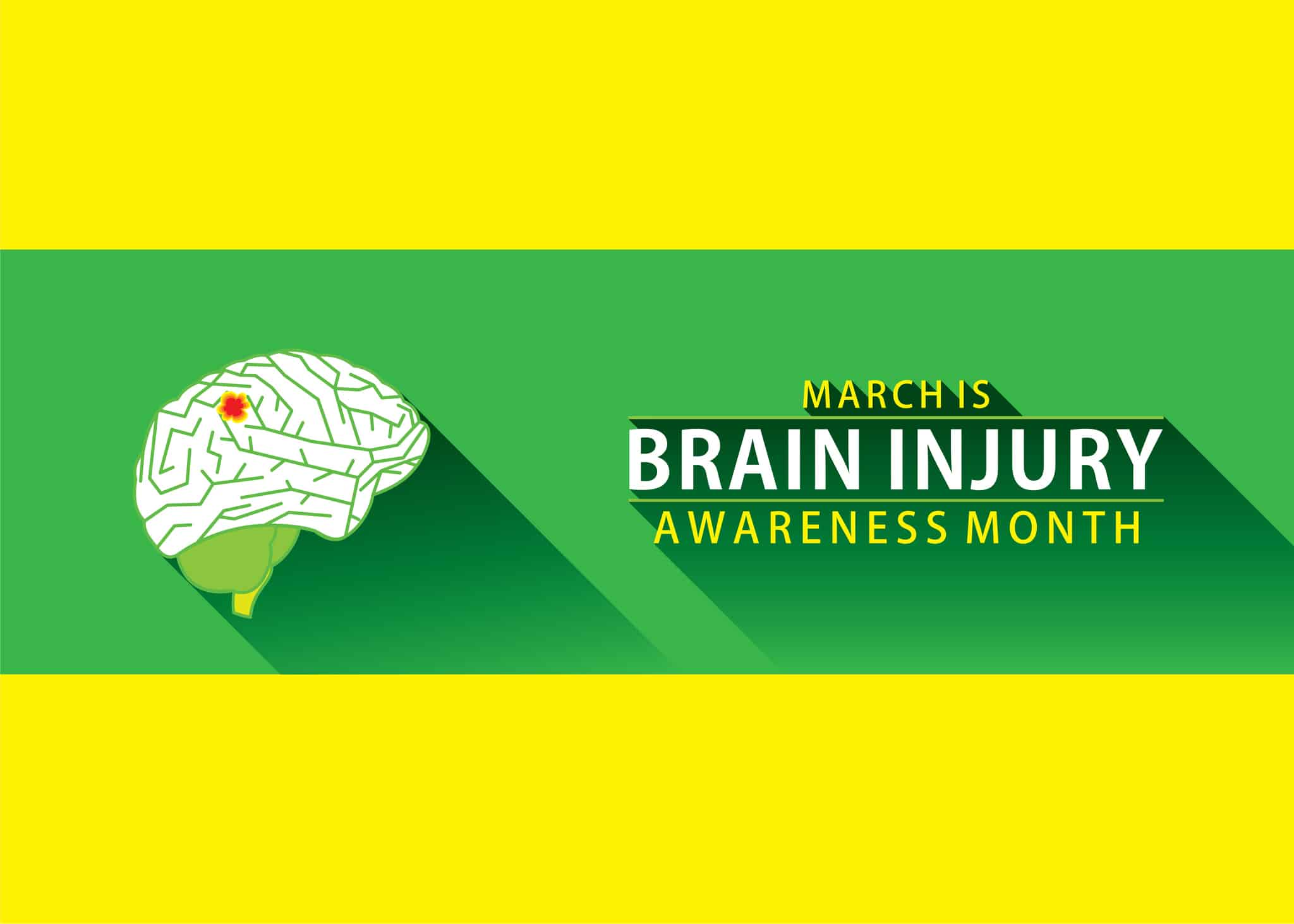March is Brain Injury Awareness Month, a time to educate ourselves on the devastating effects of traumatic brain injuries (TBIs). According to the Centers for Disease Control and Prevention (CDC), there are more than 600 TBI-related hospitalizations and an average of 176 TBI-related deaths per day in the United States. In honor of Brain Injury Awareness Month, Heuser & Heuser has chosen to bust some of the most prevalent myths surrounding TBIs to give Colorado residents the truth about these common and devastating injuries.
Myth: After a Brain Injury, You’ll Never Live a Normal Life
Fact: Many Who Suffer Brain Injuries Are Able To Recover
It is a common misconception that people who experience brain injuries will never live a normal life. With proper care and treatment, though, many TBI patients can recover. The recovery timeline varies for each individual, but early intervention is crucial.
While the effects of a concussion may resolve completely after a few weeks, more severe brain injuries may require rehabilitation and months or even years of recovery. Other factors such as age, ethnicity, and housing status can also play a role in accessing treatment and recovering fully from a TBI.
Myth: Concussions Are Never Anything To Worry About
Fact: Long-Term Issues Can and Do Occur From Concussions
Concussions are often assumed to be a mild form of TBI that does not require serious medical attention. However, this is a myth. Neurological symptoms, including loss of taste or smell, sensitivity to light, and memory or balance problems, may persist for a few weeks after a concussion.
Some people even experience post-concussion syndrome, a rare condition in which the effects of the concussion last longer than the expected six weeks. Concussions, even though they are considered mild TBIs, can still have a marked effect on a person’s life
Myth: A Direct Impact on the Head Is How TBIs Occur
Fact: TBIs Can Occur Without Any Contact With the Head
Many people believe that a direct impact on the head is necessary to cause a TBI, but this is not always the case. While a blow to the head can cause a brain injury, TBIs can also be caused by a strong force bumping the brain against the skull, such as whiplash in a collision, or an object going through the skull.
On that note, not all forceful blows to the head will necessarily result in damage to the brain.
Myth: Diagnosis Is All It Takes To Prove the Effects of the Injury
Fact: Proving How a TBI Has Affected Your Life Can Be Complicated
It is a common belief that receiving a diagnosis is all it takes to prove the effects of a TBI. Unfortunately, this is not always the case.
Not all TBIs show up on a CT scan, so a medical examination soon after the accident is critical to recognizing symptoms, getting a diagnosis, and beginning to get treatment. Even with a diagnosis, seeking compensation for injuries will involve proving the full extent of the TBI on the individual. The emotional, physical, and social repercussions of these injuries can drastically diminish one’s quality of life. Having a trusted advocate by your side to help tell your story will be of great benefit to your claim and improve your chances of recovering the losses you are owed.
Myth: Traumatic Brain Injuries Are Most Common in Football Players
Fact: Falls Are Responsible for More TBIs Than Sports Injuries
While football and other contact sports are often associated with traumatic brain injuries, they are not the leading cause.
Falls lead to nearly half of the TBI-related hospitalizations in the U.S., with motor vehicle crashes and firearm injuries also contributing to a high number of brain injuries every year. On top of this, individuals over the age of 75, not athletes, are the most likely group to be hospitalized with a TBI
Myth: All TBI Patients Will Experience the Same Symptoms
Fact: TBIs Can Present in Many Different Ways for Different People

Factors like age, gender, and previous medical history can also impact how an individual experiences a TBI. For example, children who suffer from a TBI may experience difficulties with their cognitive and social development later in life. Individuals who have a history of concussions or other TBIs may be more susceptible to long-term effects.
Note that symptoms may not appear immediately after a TBI — in some cases, it may take several days or even weeks for symptoms to manifest.
Do not hesitate to go to a hospital or be seen by your doctor as soon as possible if you suspect that you’ve experienced a brain injury. After seeking medical attention, it is recommended to speak with one of our Colorado Springs or Pueblo, CO, brain injury attorneys for a free evaluation of your case. If your accident was caused by someone else, we may be able to help you recover the damages you need to aid your recovery and take back what’s been lost.



